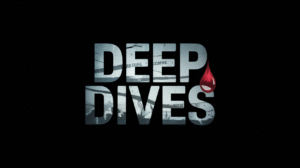
Trafficking in persons has become a significant component of organized crime, posing serious threats on a global scale. On the World Day against Trafficking in Persons, observed on July 30, UN Women alongside the Inter-Agency Coordination Group against Trafficking in Persons, brought attention to this critical issue.
The Role of Criminal Networks
Criminal networks form the backbone of human trafficking operations. They exploit victims—primarily women and children—over extended periods and employ extreme violence. These vulnerable groups suffer disproportionately from such abuses.
Impacts on Security and Governance
The joint statement highlights that trafficking and organized crime are interlinked in a way that generates a harmful cycle affecting global security and governance:
- Undermining democracy
- Weakening the rule of law
- Violating human rights
- Threatening societal stability
- Impeding sustainable development worldwide
Call for Action
An urgent and coordinated global response is necessary to dismantle these criminal networks. Key objectives include:
- Stopping human exploitation
- Strengthening security frameworks
- Improving governance mechanisms
- Protecting vulnerable populations
- Upholding fundamental rights
Tackling the intertwined challenges of organized crime and human trafficking is essential to promote justice, security, and human dignity worldwide. Stay tuned for in-depth updates as this critical issue evolves.


